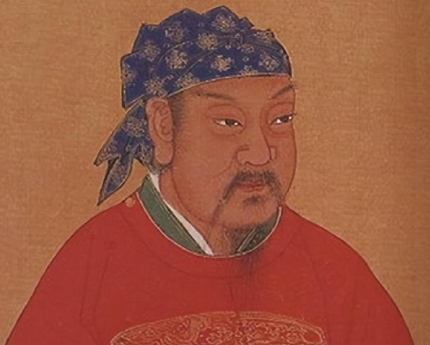In Chinese history, the Three Kingdoms period was an era full of war and political struggle. The story of the competition for power between the three kingdoms of Wei, Shu, and Wu is well-known to every family, and in the end, it was the successor of Cao Wei, the Western Jin Dynasty, that unified the country. This article will explore why Shu Han and Eastern Wu did not choose to relocate their capitals when they were dying out, as well as the specific time of the collapse of the three kingdoms.

I. The Collapse of Shu Han
In 263 AD, Deng Ai, a general of Wei, launched an attack on Shu Han while its interior was weak, capturing Chengdu and forcing Liu Shan, the last emperor of Shu Han, to surrender, marking the official collapse of Shu Han. At the time of Shu Han's collapse, due to internal chaos and depleted national strength, coupled with Liu Shan's lack of willpower to resist, the option of relocating the capital was not considered.
II. The Collapse of Eastern Wu
Eastern Wu was destroyed by the Western Jin Dynasty in 280 AD. Sun Hao, the last emperor of Wu, also chose to surrender instead of relocating the capital. The reasons included various factors: first, the military power of the Jin Dynasty was strong, and Wu was difficult to resist; second, Sun Hao's rule caused dissatisfaction among the people, and internal resistance was weak; third, Wang Jun, the commander of the Jin army, effectively cut off the retreat route of the Wu army, making the relocation of the capital unrealistic.
III. Feasibility Analysis of Relocating the Capital
Relocating the capital is a common strategic choice during times of war, which can transfer the center of political power, strive for counterattack opportunities, or seek conditions for peace negotiations. However, for Shu Han and Eastern Wu, relocating the capital meant further war and suffering for the people. Moreover, facing powerful enemies, relocating the capital might not have brought about substantial turns for the better. In addition, both countries had already suffered significant losses, and the morale of the people was low, making it difficult for the decision to relocate the capital to gain popular support.
IV. Conclusion
The end of the Three Kingdoms period marked the conclusion of an era of constant strife and the beginning of a new chapter in Chinese history. The fact that Shu Han and Eastern Wu did not choose to relocate their capitals when they were dying out reflects their internal weakness and pessimistic predictions for the future. The wheel of history rolls forward relentlessly, and neither relocating the capital nor staying put can stop the historical trend of unification. By looking back on this period of history, we can gain a deeper understanding of the close link between a country's fate and the decisions of its rulers, as well as the necessity and contingency in the process of historical development.
Disclaimer: The above content is sourced from the internet and the copyright belongs to the original author. If there is any infringement of your original copyright, please inform us and we will delete the relevant content as soon as possible.































